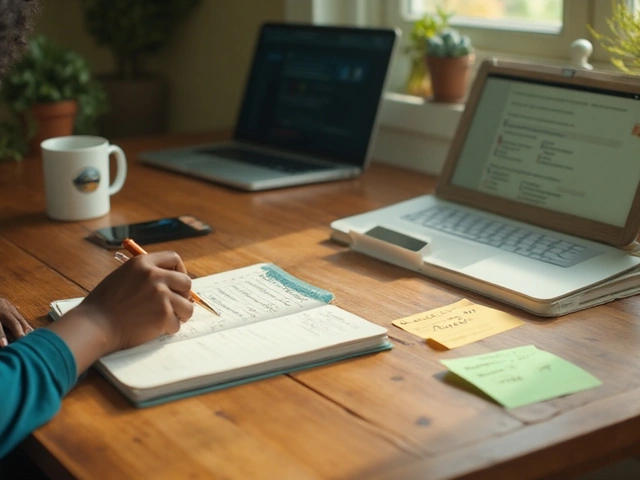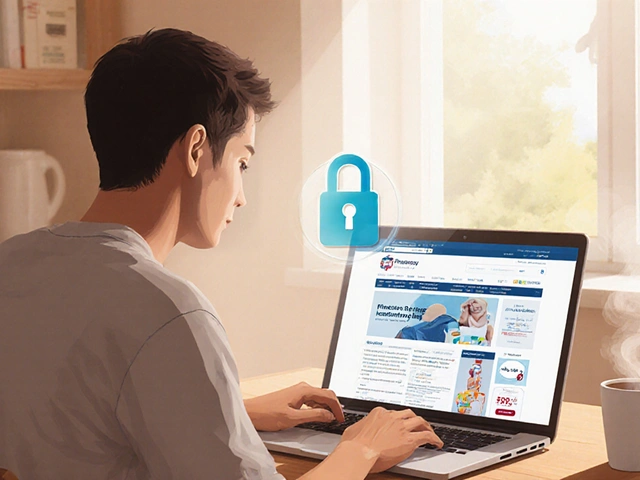Early Detection: How to Spot Health Issues Before They Get Serious
Ever wish you could catch a problem before it becomes a headache? That’s what early detection is all about – noticing signs early so treatment is easier, cheaper, and often more successful.
Why Early Detection Saves You Time and Money
When a disease is caught early, doctors can use simpler treatments. Think of it like fixing a small leak before the whole roof collapses. Small labs, cheap screenings, and short doctor visits replace long hospital stays and expensive surgeries. That’s why many health systems push regular check‑ups – they work.
Practical Steps for Everyday Early Detection
1. Schedule Routine Screenings – Blood pressure, cholesterol, and blood sugar checks are quick and tell you a lot. If you’re over 40, add a colon cancer screen and a skin exam. Most of these tests can be done at a local pharmacy or a community clinic.
2. Know Your Body – Pay attention to new lumps, persistent coughs, changes in bowel habits, or unexplained weight loss. Write down anything odd and bring it to your doctor. Even a simple picture on your phone helps the doctor see patterns.
3. Use Simple Home Tools – Blood pressure cuffs, glucose meters, and even smartphone apps that track heart rate are handy. They give you numbers to discuss with a professional instead of guessing.
4. Stay Up on Vaccines – Flu shots, HPV vaccines, and shingles shots protect you from illnesses that can become severe if missed. Vaccines are a front‑line early detection method because they stop disease before it starts.
5. Ask About New Tests – Doctors now use low‑dose CT scans for lung cancer in smokers and liquid biopsies for certain cancers. If you have risk factors, ask if these options are right for you.
6. Leverage Digital Health Wallets – Apps that store prescriptions and offer coupon codes also remind you of upcoming screenings. They keep your health info in one place, making it easier to spot gaps.
7. Don’t Skip the Follow‑Up – If a test shows something odd, get a second opinion or schedule the next appointment promptly. Early detection loses its edge if you ignore the warning.
These steps don’t require a medical degree – just a bit of curiosity and consistency. The goal is to turn “I feel fine” into “I’m staying ahead of any problem.”
Remember, early detection isn’t about fearing every ache. It’s about giving yourself a safety net that catches real issues while letting the harmless stuff pass. Keep a short health diary, set a reminder for annual screens, and talk openly with your doctor. You’ll be surprised how much peace of mind comes from a few minutes of proactive checking each year.






